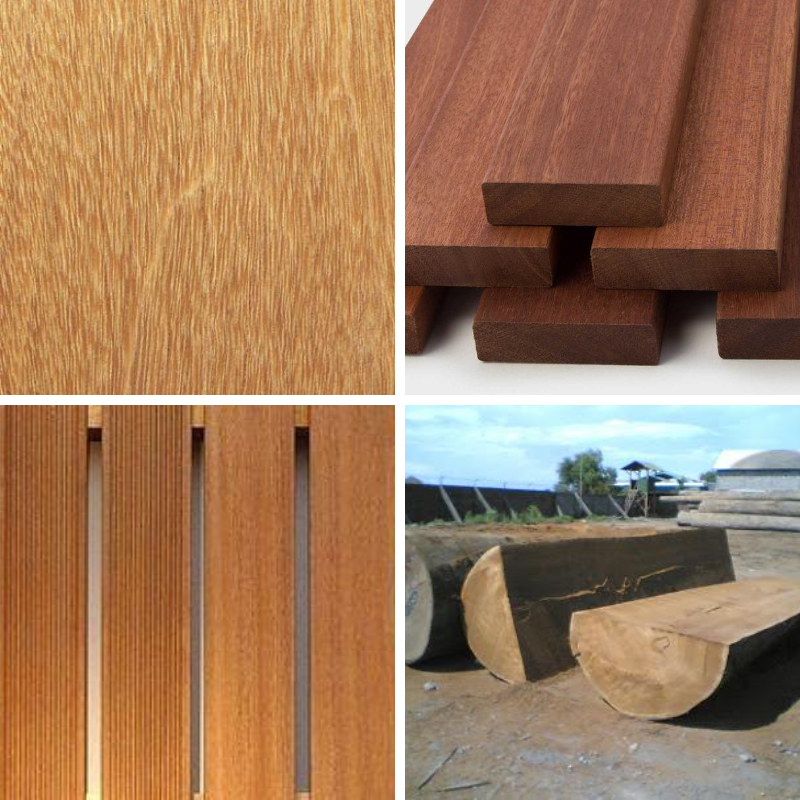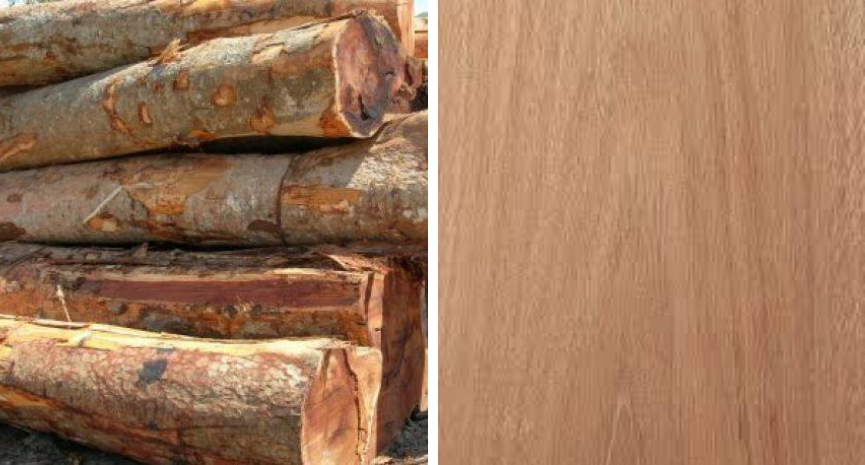[Wood Profile] What You Need To Know: Selangan Batu
Selangan Batu is a common tree you can find across South East Asia. It is also one of the timber species we export here at Misarma Enterprise. Selangan Batu’s wood type comes in a yellowish-brown colour with interlocked grain. Its texture is usually coarse, and yet even.
Overall, it’s a very durable timber species you can commonly find in South East Asia. With that being said, it logically means that it is classified as a very durable timber type in Malaysia. It’s common to find people using this tree’s timber for structural purposes, marine uses, and freshwater construction and decking.
In West Malaysia, people call it Balau. However, in East Malaysia, people call it Selangan Batu. Here are some things you should know about this tree’s timber species.
Variety in a Common Species

It is common knowledge that each tree has its own sub-species or variety. The Selangan Batu is no exception to that. However, only a few of its species are farmed for industrial use. The most common ones people use for industries are:
- Red Balau
- Yellow Balau
There may have a few varying differences between each. However, its wood profile is largely the same.
Natural Durability
It is no big surprise that the Selangan Batu has innate natural durability. The heartwood of this timber is ordinarily durable and long-lasting. However, if it is left untreated, then it may be subjected to infestations.
Its sub-species the red balau and yellow balau are the same. Its timbers are subject to fungal and termite attacks. In some cases, it may be subjected to decay resistance.
According to some studies, some red balau timber can only last 2 to 5 years. However, this can be countered in the sense that people usually opt for firmer species. For example, some Selangan Batu species are not meant for industrial use. It should be left as it is. That said, it means that people will usually farm for the species that are more durable.
On the other hand, when the timber has natural durability it is still susceptible to termite attacks. Usually, most industries will treat it for fungus and termites. This is before exporting them for commercial and industrial use.
Habitat
You can find this tree growing in dipterocarp forests with well-structured clay soils in moist regions. That is why you can commonly find such trees in South East Asia, especially native to:
- Malaysia
- Much of Borneo Island
- Indonesia
- Thailand
- The Philippines
Dimensions and Physical Distinctions
Selangan Batu is a very huge tree that grows up to 75m in height and 310cm in diameter. Its leaves are oblong. They are usually thinly coriaceous and silver to cream lepidote beneath. The leaves measure about 7cm to 12cm long, and 4cm to 7cm wide. Selangan Batu produces white to cream colour flowers that have narrow petals.
The species’ timber is a heavy hardwood with a density of 850kg/m3 to 1155 kg/m3. This is when it is air dry. Its texture is fine and even, with deep interlock grain.
However, the red balai’s timber has a density of 800 kg/m3 air dry. It’s still a heavy hardwood nonetheless.
Strength Properties
Below are the strength properties of the Selangan Batu timber.


Machining Properties
Below are the machining properties of Selangan Batu timber.


Kiln Drying
Below are the recommendations for kiln drying Selangan Batu timber.


Uses of Selangan Batu
People widely use the tree’s timber in the following:
- Furniture
- Heavy construction undercover
- Heavy-duty pallets
- Tool handles
- Plywood
- Flooring
- Window frames and sills
- Others
Conclusion
In conclusion, the Selangan Batu timber is a sturdy timber present in many industries. Its hard and durable timber is suitable for many uses in many industries. If you are to send it for treatment, it is less likely to face termite infestation or fungus.
If you ever need this timber, do not hesitate to reach out to us for more information.

